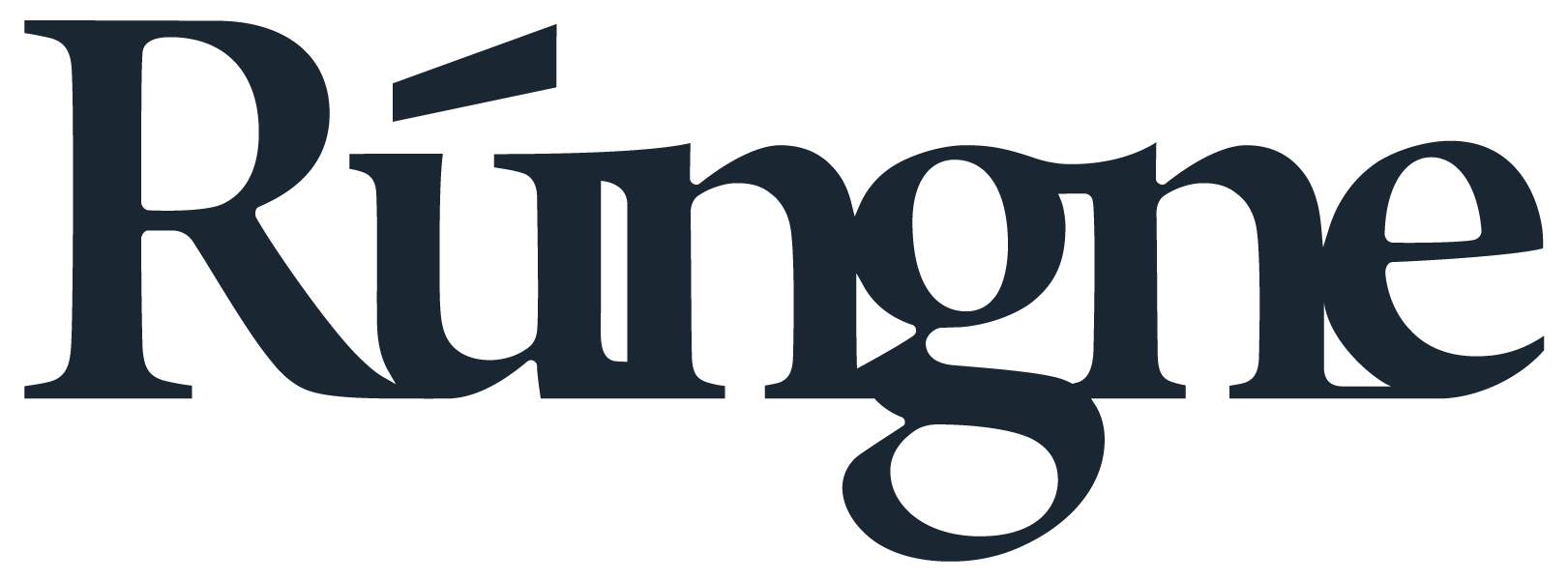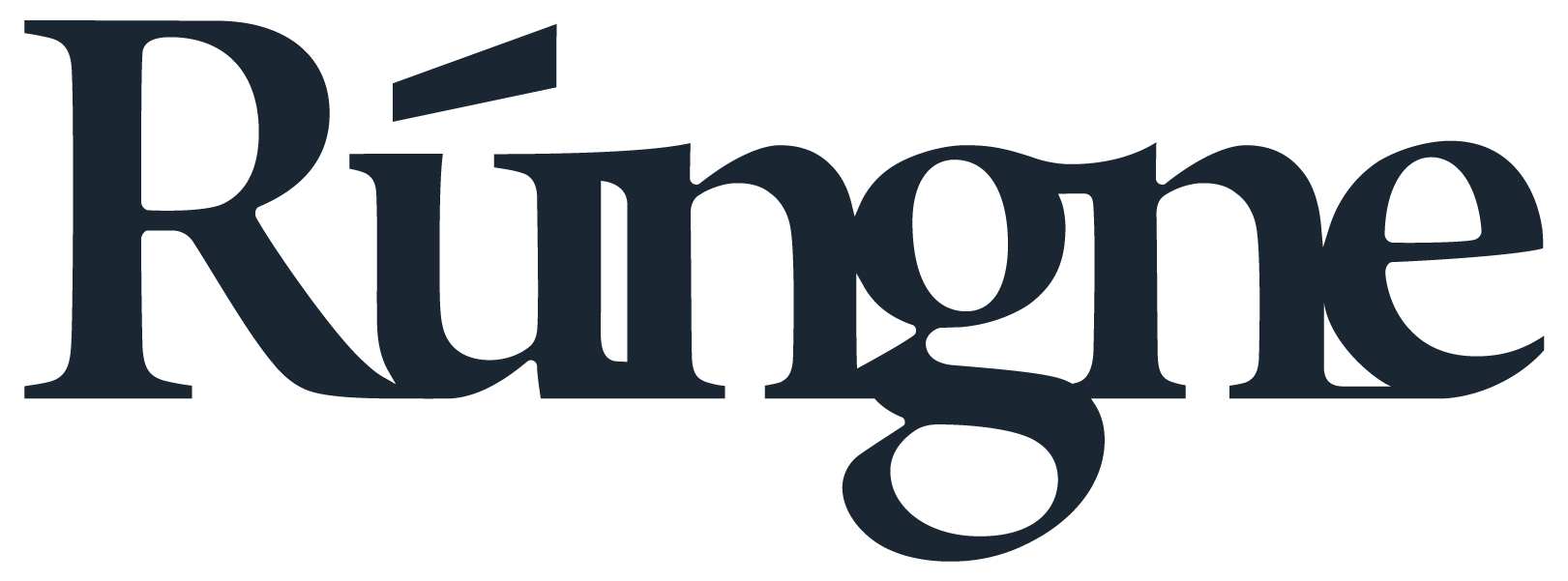RUNGNE Grievance Mechanism for Stakeholders
RUNGNE APPAREL AS (“Rungne”) has a process for stakeholders to report grievances. This includes employees, suppliers, subcontractors, or others. Grievances can be about environmental harm, human rights violations, governance issues, or anything related to Rungne’s operations or supply chain (including direct and indirect suppliers, external transport and warehouse, retailers etc.). Examples include work harassment, child labor, human rights abuses, or environmental concerns.
Rungne’s Grievance Mechanism is managed by its Head Office in Norway and can be used in various languages, anonymously, and securely.
Rungne expects its supplier business partners (including upstream and downstream) to handle grievances through complaints boxes, employee representatives, or other means. Rungne’s Grievance Mechanism is a backup option for unresolved issues or when local channels are uncomfortable to use. It ensures complaints are investigated and resolved fairly and transparently.
- Requirements for Suppliers
All suppliers must sign and follow Rungne’s Supplier Code of Conduct. They must communicate this Code throughout their supply chain.
Suppliers must:
- Note Rungne's Grievance Mechanism contact info.
- Make grievance mechanisms known and accessible to stakeholders, such as in restrooms or other prominent areas.
Filing a complaint will not result in any form of reprisal or punishment (such as defamation or termination) by the supplier or Rungne. Complaints will be treated with strict confidentiality and anonymity and may be submitted in any language.
To report concerns, you can contact Rungne directly:
- Postal Mail: Rungne Apparel AS, Gamle Ringeriksvei 40, 1347 Bekkestua, 3201 Bærum, Norway
- Email: responsiblebusiness@rungne.com
Please note that our postal address has changed. Suppliers who have previously signed Rungne’s Supplier Code of Conduct should update their records accordingly to reflect the new address.
-
Scope of Grievances
Rungne's grievance mechanism covers a wide range of issues related to corporate responsibility, including: • Environmental concerns • Workplace health and safety • Human rights violations • Ethical business practices These areas are detailed in our Supplier Code of Conduct.
A valid grievance may include:
- Reported violations of Rungne's Supplier Code of Conduct by any partner in our supply chain.
- Breaches of internationally recognized human rights standards, whether by external partners or within our own operations.
- Any situation posing immediate risk to worker wellbeing.
Grievances are eligible for reporting if:
- They pertain to alleged violations of our Supplier Code of Conduct.
- The incident occurred at a current Rungne supplier's production site.
- The issue relates to a former supplier and involves Rungne's purchasing practices.
To ensure a fair and effective process, all grievances should: • Be based on verifiable facts and evidence • Provide clear information demonstrating a violation of our Code of Conduct • Show relevance and severity of the issue • Establish a clear link to Rungne's business activities or supply chain
-
Who Can Report a Grievance
People who can report a grievance must know about the issue firsthand. If a group reports, it must be authorized to represent those affected. This includes unions, worker committees, or other recognized representatives who can speak on behalf of the impacted individuals.
People who can report include: • Employees and their representatives • Unions • Business groups • NGOs • Anyone directly affected by the issue
We want to hear from everyone who has concerns. Different views help us run our business responsibly and ethically.
-
Essential Information for a Grievance
To facilitate a comprehensive review, please provide the following key details when submitting a grievance:
• Name of the party involved (e.g., supplier, employer, or subcontractor) • Specific location of the incident (e.g., production area, warehouse, administrative office) • Relevant Rungne product(s)/service(s) connected to the issue • Detailed description of the alleged violation, including:
- The specific provision(s) of Rungne's Supplier Code of Conduct that may have been breached
- A clear and concise description of the incident or situation
- Any available supporting evidence or statements
- The date, time frame, or duration of the incident or ongoing issue
- Handling Grievances
To ensure effective grievance handling, Rungne follows these steps:
- Receive and Document
We receive and document the grievance, treating all information confidentially and anonymously.
b. Review
We examine the grievance within one week, assessing its validity and severity.
c. Investigate
For supplier-related grievances, we contact the supplier within one week for a written statement. For urgent issues, we act within 48 hours. We remind suppliers that retaliation is prohibited.
d. Respond
We respond to the grievant asking if local mechanisms have been tried. We clearly state whether the grievance is accepted.
e. Plan Resolution
If a grievance is valid, we develop a plan to address it, consulting with affected individuals when possible.
f. Implement
We carry out the agreed solution and monitor its implementation.
g. Follow Up
We inform the grievant about the resolution or any further necessary steps.
h. Document
We record the results and resolution status anonymously.
Rungne publishes anonymized grievance summaries annually, including descriptions, investigation results, corrective measures, and case status.
- Escalation
If a grievant is not satisfied with the final response to their complaint, they have the option to escalate the matter. Rungne offers an independent review process conducted by a neutral third party. This could involve:
• An internal appeals committee • External mediation services • Collaboration with local NGOs or worker representatives
The goal is to find a fair and mutually acceptable resolution. Rungne commits to transparency and impartiality throughout this process.
-
Grievances Received
As of August 30, 2024, no grievances have been received through Rungne's Grievance Mechanism. This information is regularly updated.




